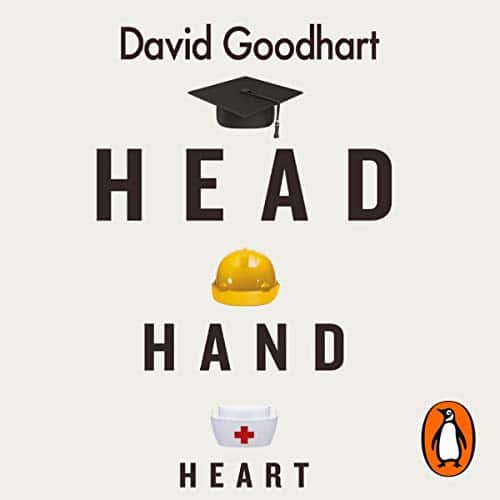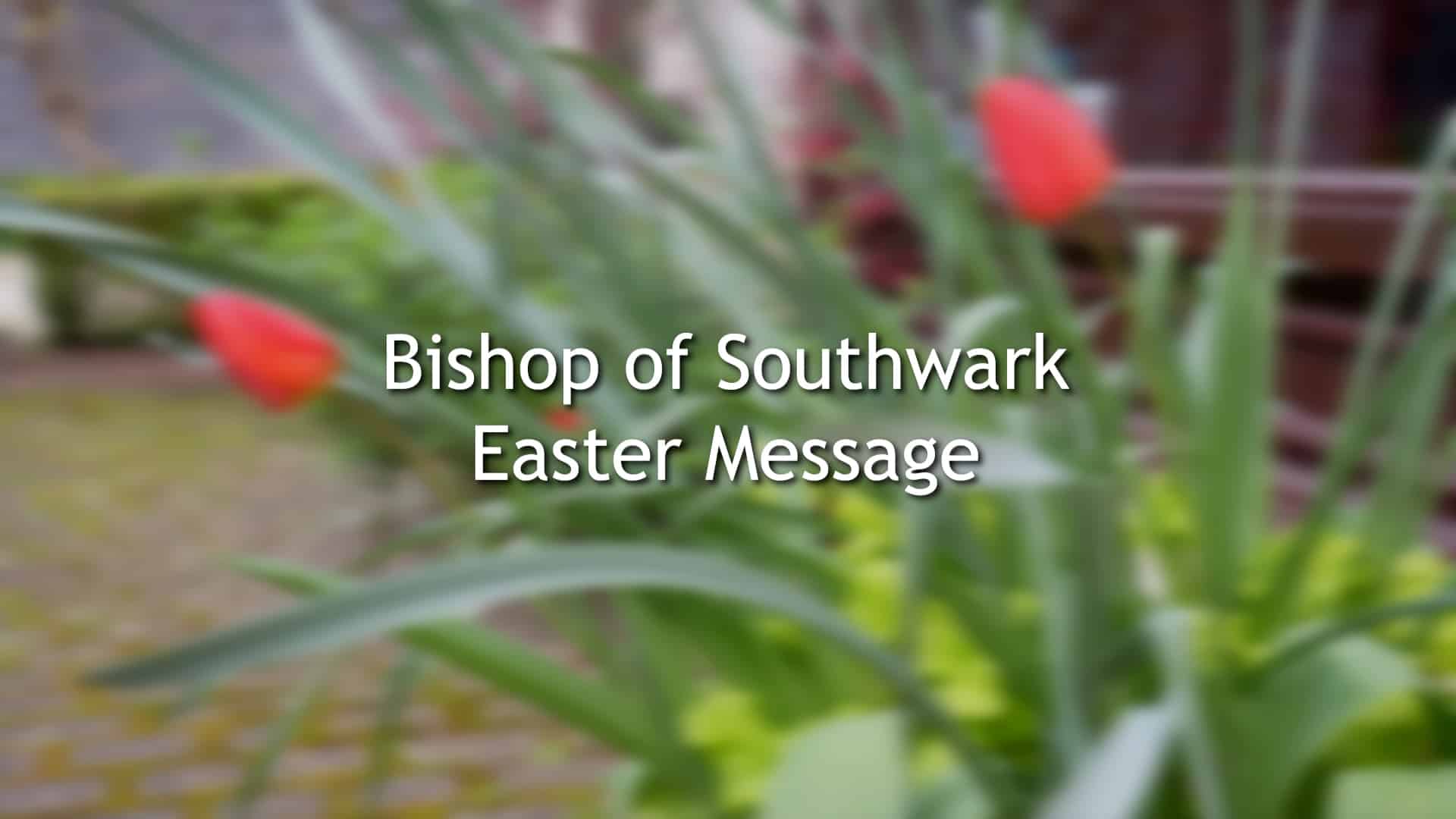Here are some books with some useful insights for estates ministry, some written from inside the church some from without. Some address issues of ministry and mission directly, others provide insights into the estates context. (The views expressed in the book are those of the authors and not necessarily endorsed by this blog.)
The least, the last and the lost: Understanding poverty in the UK and the responsibility of the local church (Mez Mcconnell) ‘This book is the product of over 20 years of thought and thousands of hours of research. This book is for any and every Christian who has an interest in the poor and the oppressed.
At heart, this is a book about how to love God better by loving the least, the last and the lost.
In The Least, the Last, and the Lost, Mez McConnell speaks into poverty, class and culture in the UK and calls the church to rethink what effective evangelism and discipleship looks like in the UK’s most deprived communities. Based on rigorous statistical research and hard-earned experience, this book is an invaluable resource for anyone who seeks to understand the issues facing least, the last and the lost in our country and beyond.’
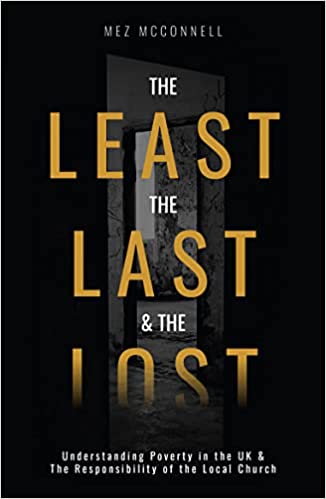
When helping hurts: how to alleviate poverty without hurting the poor and yourself (Steve Corbett and Brian Fikkert)
‘With more than 450,000 copies in print, When Helping Hurts is a paradigm-forming contemporary classic on the subject of poverty alleviation.
Poverty is much more than simply a lack of material resources, and it takes much more than donations and handouts to solve it. When Helping Hurts shows how some alleviation efforts, failing to consider the complexities of poverty, have actually (and unintentionally) done more harm than good.
But it looks ahead. It encourages us to see the dignity in everyone, to empower the materially poor, and to know that we are all uniquely needy–and that God in the gospel is reconciling all things to himself.
Focusing on both North American and Majority World contexts, When Helping Hurts provides proven strategies for effective poverty alleviation, catalyzing the idea that sustainable change comes not from the outside in, but from the inside out.’
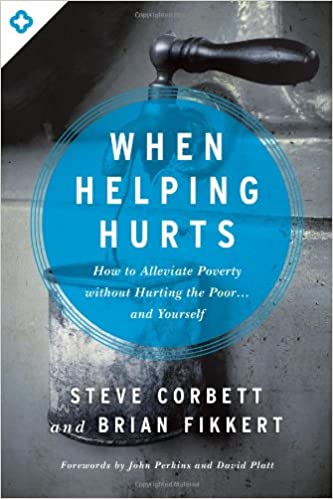
Estates: an intimate history (Lynsey Hanley) ‘Lynsey Hanley was born and raised just outside of Birmingham on what was then the largest council estate in Europe, and she has lived for years on an estate in London’s East End. Writing with passion, humour and a sense of history, she recounts the rise of social housing a century ago, its adoption as a fundamental right by leaders of the social welfare state in the mid-century and its decline – as both idea and reality – in the 1960s and ’70s. Throughout, Hanley focuses on how shifting trends in urban planning and changing government policies – from Homes Fit for Heroes to Le Corbusier’s concrete tower blocks, to the Right to Buy – affected those so often left out of the argument over council estates: the millions of people who live on them. What emerges is a vivid mix of memoir and social history, an engaging and illuminating book about a corner of society that the rest of Britain has left in the dark.’
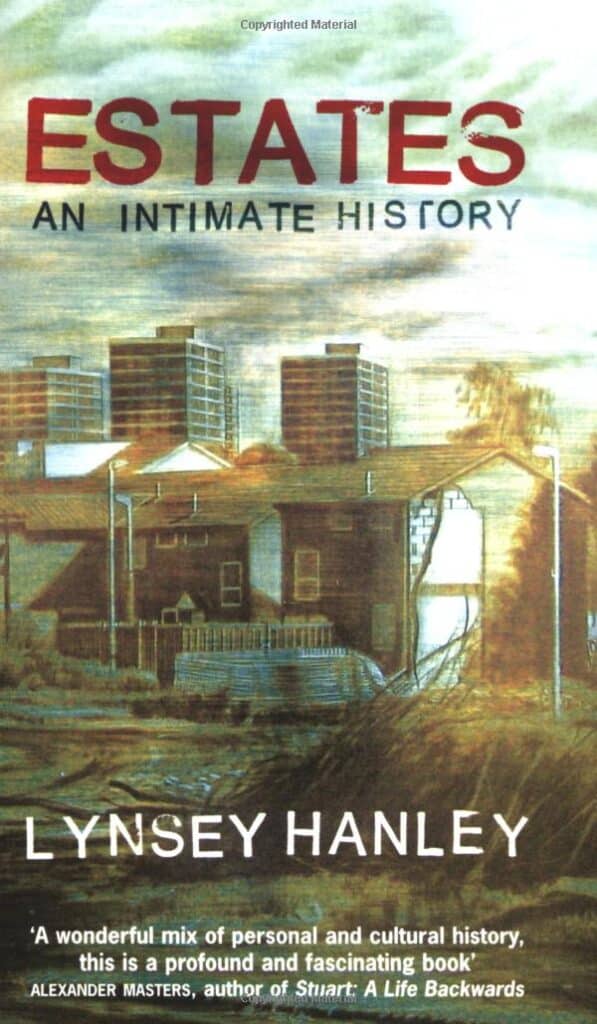
Invisible Divides: Class, culture and barriers to belonging in the Church (Natalie Williams and Paul Brown) ‘We’re called to be like Jesus, not like each other – so why are most Western churches predominantly middle class? Could it be that we’re reaching out to people in poverty, but struggling to connect them into church life?
Natalie Williams and Paul Brown know all too well that those saved from working-class backgrounds often find themselves discipled effectively – but into middle classism rather than authentic Christianity. Drawing on their own experiences, and mixing theory with practical application, they explore the invisible divides that prevent churches from becoming places of true inclusion and keep poor and working-class people on the edges of faith.’
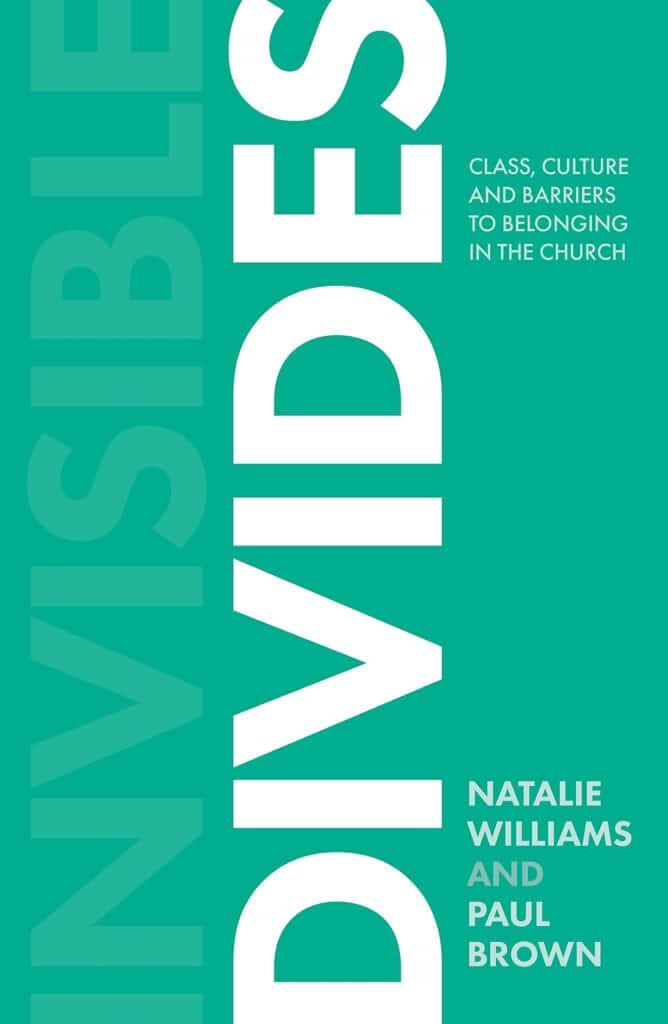
Despised: Why the modern left loathes the working class (Paul Embery)
‘Drawing on his background as a firefighter and trade unionist from Dagenham, Paul Embery argues that this disconnect has been inevitable since the Left political establishment swallowed a poisonous brew of economic and social liberalism. They have come to despise traditional working-class values of patriotism, family and faith and instead embraced globalisation, rapid demographic change and a toxic, divisive brand of identity politics. Embery contends that the Left can only revive if it speaks once again to the priorities of working-class people by combining socialist economics with the cultural politics of belonging, place and community.’
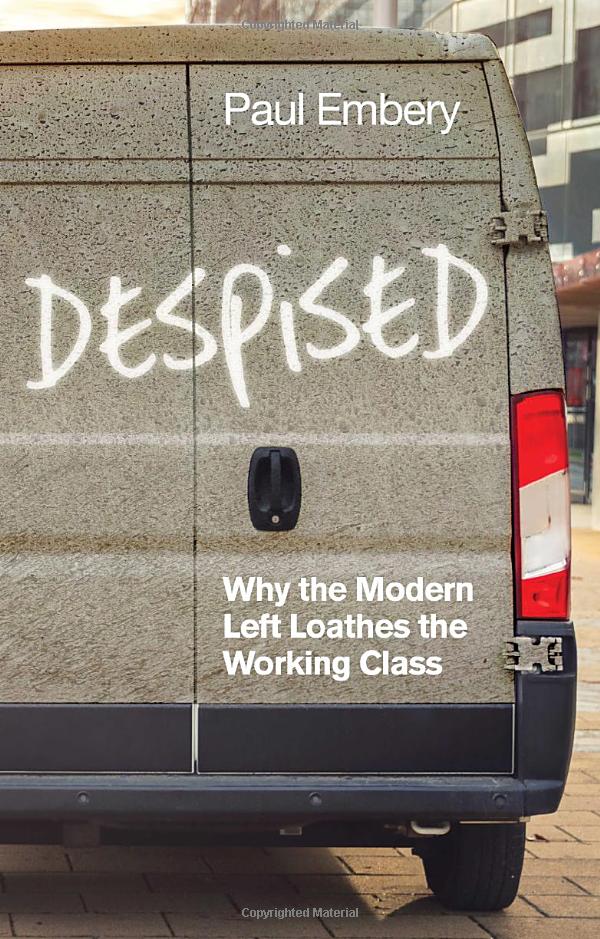
Healing the Divides: How Every Christian Can Advance God’s Vision for Racial Unity and Justice
(Jason Roach and Jessamin Birdsall)
‘A biblical perspective on race and how Christians and churches can advance God’s vision for racial unity and justice.
The Bible paints a compelling picture of a diverse people united in worship of Jesus. In a society that is divided along lines of race, culture and class, such a vision can feel out of reach. But in the power of the Holy Spirit, it really is possible for our churches to increasingly become the communities of unity and justice that they are called to be. So, what are the practical steps every Christian can take to help make this a reality?
This book combines the voices of Jason Roach, Director of Ministries at London City Mission and founding pastor of The Bridge Church, a multi-ethnic church in London, and Jessamin Birdsall, a researcher and consultant with a PhD in Sociology and Social Policy from Princeton University specializing in religion, race and ethnicity, and inequality. Together, they give a biblical perspective on race, ethnicity and justice. Readers will see that in the gospel, Jesus has done something miraculous: he has made us one in him.
As well as inspiring readers with God’s vision for unity and diversity, this book will help them better understand the experiences of others and become aware of any blind spots in their church culture that may be putting up barriers to inclusivity. It will also help them to engage constructively with the wider conversation in our culture around movements like Black Lives Matter.’
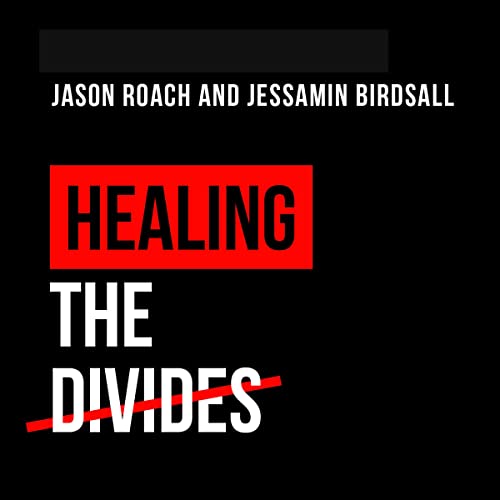
Head, hand and heart: the struggle for dignity and status in the 21st century (David Goodhart)
‘A good society needs a balance between aptitudes relating to head (cognitive), hand (manual/craft) and heart (caring/emotional). In recent decades in Western societies, they have got out of kilter. One form of human aptitude – cognitive ability – has become the gold standard of human esteem.
The cognitive class now shapes society and largely in its own interests: in the knowledge economy, the over-expansion of higher education and in the very idea of a successful life. To put it bluntly: smart people have become too powerful…..
A democratic society that wants to avoid widespread disaffection must respect and reward a broad range of achievement covering both cognitive and non-cognitive aptitudes and must provide meaning and value for people who cannot or do not want to achieve in the classroom and professional career market. This is the story of the struggle for status and dignity in the 21st century.’
